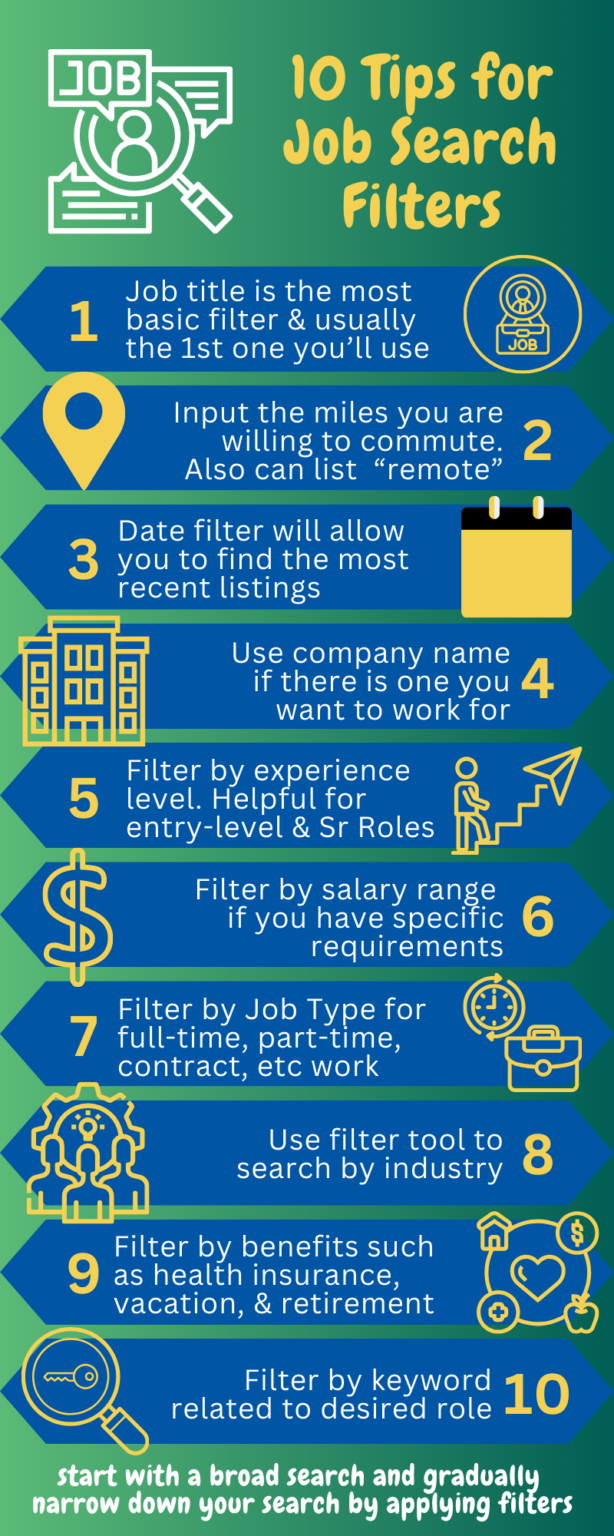Navigating The Job Market: The Power Of Location-Based Job Search
Navigating the Job Market: The Power of Location-Based Job Search
Related Articles: Navigating the Job Market: The Power of Location-Based Job Search
Introduction
With enthusiasm, let’s navigate through the intriguing topic related to Navigating the Job Market: The Power of Location-Based Job Search. Let’s weave interesting information and offer fresh perspectives to the readers.
Table of Content
- 1 Related Articles: Navigating the Job Market: The Power of Location-Based Job Search
- 2 Introduction
- 3 Navigating the Job Market: The Power of Location-Based Job Search
- 3.1 The Rise of Location-Based Job Search: A Paradigm Shift
- 3.2 The Benefits of Location-Based Job Search: Unlocking Opportunities
- 3.3 Navigating the Landscape: Popular Location-Based Job Search Platforms
- 3.4 Tips for Maximizing Location-Based Job Search: A Strategic Approach
- 3.5 Frequently Asked Questions about Location-Based Job Search: Addressing Common Concerns
- 3.6 Conclusion: Embracing Location as a Strategic Advantage
- 4 Closure
Navigating the Job Market: The Power of Location-Based Job Search

In the digital age, the job search landscape has undergone a dramatic transformation. Gone are the days of solely relying on newspaper classifieds or career websites. Today, a potent tool has emerged: location-based job search, leveraging the power of maps to visualize and filter opportunities geographically. This approach offers a unique advantage, enabling job seekers to pinpoint their ideal career destinations with unprecedented accuracy.
The Rise of Location-Based Job Search: A Paradigm Shift
Traditional job search methods often treated locations as an afterthought. Candidates would apply for positions without considering the intricacies of commute times, local cost of living, or the overall appeal of a specific area. However, as the workforce increasingly prioritizes work-life balance and personal fulfillment, location has become a paramount factor in career decisions.
Location-based job search platforms address this evolving need by providing a visual representation of the job market. By integrating maps with job listings, these platforms offer a dynamic and intuitive interface. Job seekers can zoom in on specific regions, cities, or even neighborhoods, instantly identifying available positions within their preferred geographical radius.
The Benefits of Location-Based Job Search: Unlocking Opportunities
The advantages of utilizing location-based job search extend beyond mere convenience. This approach offers a strategic edge in the competitive job market, empowering job seekers to:
- Target specific geographic areas: Instead of casting a wide net, job seekers can focus their efforts on regions that align with their personal preferences and career aspirations. This targeted approach increases the likelihood of finding relevant and desirable positions.
- Gain insights into local markets: By visualizing job concentrations on a map, job seekers can identify industries and sectors thriving in specific locations. This information can inform career choices and highlight potential growth areas.
- Evaluate commute times and accessibility: The ability to overlay job listings with transportation networks empowers job seekers to assess commute times and accessibility. This crucial factor can significantly impact overall job satisfaction and work-life balance.
- Discover hidden gems: Location-based job search often uncovers hidden job opportunities that might otherwise go unnoticed. Small businesses, startups, and niche companies may not have the resources for extensive online advertising, making them more accessible through localized search.
- Compare cost of living and salary expectations: By integrating cost of living data with job listings, location-based platforms enable job seekers to compare salary expectations across different regions. This crucial information ensures that job seekers are not accepting offers that fail to meet their financial needs.
Navigating the Landscape: Popular Location-Based Job Search Platforms
The growing demand for location-based job search has spurred the development of specialized platforms designed to meet this need. Some of the most popular and widely used platforms include:
- Google Maps: Google Maps, already a household name for navigation, has integrated job search functionality. Users can search for jobs within specific areas, filter by industry, and view estimated commute times.
- Indeed: One of the largest job search engines globally, Indeed offers a comprehensive map-based search feature. Users can filter jobs by location, distance, and specific criteria, making it easy to find relevant opportunities within their desired area.
- LinkedIn: The professional networking platform LinkedIn has incorporated location-based search into its job board. Users can filter job listings by location, industry, and company size, making it a valuable tool for professionals seeking new opportunities.
- Glassdoor: Known for its company reviews and salary data, Glassdoor also offers a location-based job search feature. Users can view job listings on a map, filter by industry, and access company information, making it a valuable resource for informed decision-making.
- CareerBuilder: A long-standing job search platform, CareerBuilder offers a map-based search function that allows users to filter jobs by location, distance, and specific criteria. Users can also view company profiles and salary information.
Tips for Maximizing Location-Based Job Search: A Strategic Approach
To fully leverage the power of location-based job search, job seekers should implement a strategic approach:
- Define your ideal location: Before embarking on your search, clearly define your preferred geographical area. Consider factors such as proximity to family, desired lifestyle, and career goals.
- Utilize multiple platforms: Explore different location-based job search platforms to broaden your reach and access a wider pool of opportunities.
- Refine your search parameters: Use the platform’s filtering options to narrow down your search based on industry, job title, salary range, and other relevant criteria.
- Explore nearby cities and towns: Don’t limit your search to your immediate location. Consider expanding your radius to include nearby cities and towns that might offer attractive opportunities.
- Leverage local networking events: Attend industry events, career fairs, and networking gatherings in your target area to connect with potential employers and gain valuable insights.
- Research the local job market: Familiarize yourself with the industries and sectors thriving in your desired location. This research can inform your career choices and highlight potential growth areas.
Frequently Asked Questions about Location-Based Job Search: Addressing Common Concerns
Q: Is location-based job search suitable for all job seekers?
A: Location-based job search is particularly beneficial for job seekers who prioritize location as a key factor in their career decisions. It is especially relevant for those seeking a specific geographical area for family reasons, lifestyle preferences, or career aspirations. However, it may not be the most effective approach for job seekers who are open to relocating to any location that offers the right opportunity.
Q: How accurate are the commute time estimates provided by location-based platforms?
A: Commute time estimates provided by location-based platforms are generally accurate but can vary depending on factors such as traffic conditions, time of day, and mode of transportation. It is advisable to factor in potential variations and consider using real-time traffic apps for more precise estimates.
Q: Can I use location-based job search to find remote work opportunities?
A: While location-based job search platforms primarily focus on in-person positions, some platforms offer filters or options for remote work opportunities. However, dedicated remote job boards may be more effective in finding remote positions.
Q: Are there any downsides to using location-based job search?
A: One potential downside is that location-based job search can sometimes limit your options, especially if you are open to relocating. Additionally, some platforms may not have comprehensive coverage in all areas, limiting the number of available listings.
Conclusion: Embracing Location as a Strategic Advantage
Location-based job search has emerged as a powerful tool in the modern job market, empowering job seekers to navigate the landscape with unprecedented precision. By visualizing opportunities on a map, individuals can target specific areas, gain insights into local markets, and make informed decisions based on their unique needs and aspirations. As the workforce continues to prioritize work-life balance and personal fulfillment, location will undoubtedly remain a crucial factor in career decisions, making location-based job search an indispensable tool for success.








Closure
Thus, we hope this article has provided valuable insights into Navigating the Job Market: The Power of Location-Based Job Search. We hope you find this article informative and beneficial. See you in our next article!
You may also like
Recent Posts
- Navigating The Tapestry Of Singapore: A Comprehensive Guide To Its Districts
- A Comprehensive Guide To The Nangarhar Province Map: Unveiling The Heart Of Eastern Afghanistan
- Navigating The Hub Of The Heartland: A Comprehensive Guide To Kansas City International Airport
- Navigating The Tapestry Of Brooklyn: A Comprehensive Guide To The Borough’s Map
- Navigating The Landscape: A Comprehensive Guide To The Linden, Tennessee Map
- Navigating Brussels Airport: A Comprehensive Guide To The Brussels Airport Map
- Navigating The Beauty Of Caesar’s Creek: A Comprehensive Guide To The Map
- Navigating California’s Natural Wonders: A Comprehensive Guide To State Park Campgrounds
Leave a Reply